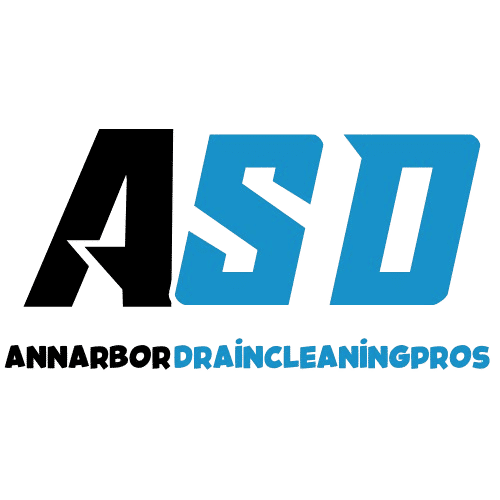Grease Trap Cleaning near you
At Ann Arbor Drain Cleaning Pros, we understand the critical role grease trap cleaning plays in maintaining a safe and functional kitchen environment. Our expert team in Ann Arbor, MI, specializes in comprehensive grease trap cleaning services tailored to meet your specific needs.
With years of experience in sewer and drain cleaning, we utilize state-of-the-art equipment to ensure your grease traps are free from harmful buildup. Regular maintenance not only enhances your plumbing system's performance but also helps comply with local health regulations.
Whether you run a busy restaurant or a small café, our professional grease trap cleaning services will keep your drains running smoothly and protect your business from costly disruptions. Don’t wait for a problem to arise—contact us today for reliable grease trap cleaning near you!
Call us at +17343617489 to schedule your service now!

